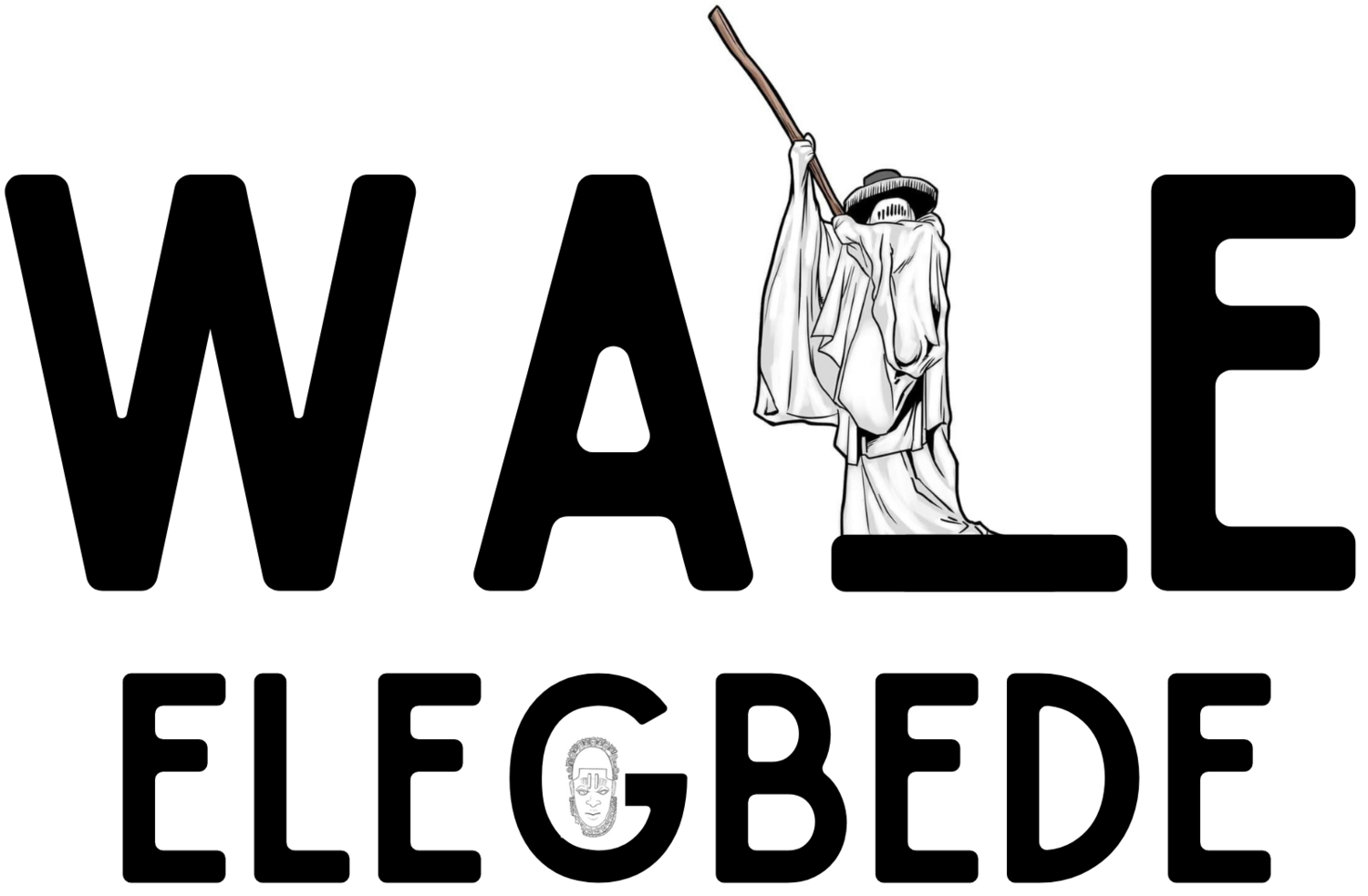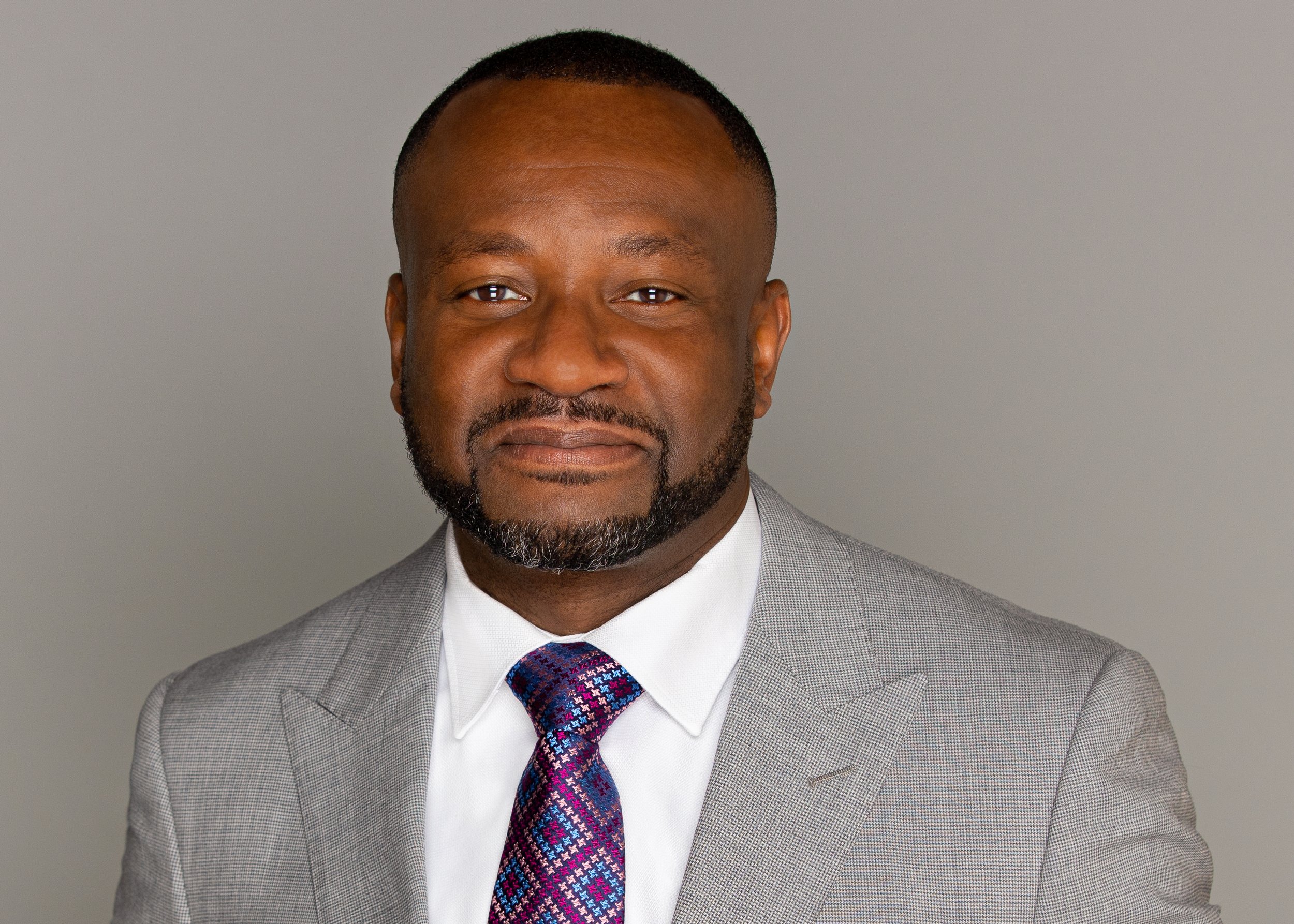Walé Elegbede: Leadership and the power of words
Leadership is more than policies and promises — it’s about the power of ideas and words. Words signal intent and ultimately lead to action, impacting the lives of millions.
As someone who has lived under despots and dictators, I know that words — especially from those in power — carry with them seeds to unite or destroy, to uplift or oppress.
As a young boy growing up in Nigeria and Togo, I witnessed the negative effects of dictatorship and autocratic rule. I was born during a time when military regimes in Nigeria, Africa’s most populous country, gained power through coup d’états.
When I was 5, our family relocated to Togo, a neighboring West African country, when my father accepted a diplomatic position as treasurer of the Economic Community of West African States Fund for Cooperation, Compensation, and Development. Togo, too, was ruled by a strongman, President Gnassingbé Eyadéma, whose domineering rule lasted 38 years until his death. As I grew up, I heard rhetoric from dictators that exploited ethnic differences and religion to marginalize certain groups, leading to religious and ethnic discrimination, riots, and death.
Like a canary in a coalmine, the words I heard during the last election from then-candidate Donald Trump caused flashbacks. I remember telling my wife in 2015, “When you’ve lived under military rule or one of Africa’s longest dictatorships, you easily recognize people who speak the language of dictatorship. If you’ve never heard this language, you shrug your shoulders and say you don’t like it or wouldn’t say it that way, but it’s not all bad.” I saw how this impacted our community and how these experiences caused many of us to band together to protect one another, which was one of the inspirations for my TED Talk, It Takes a Community to Eradicate Hate .
Words matter because they signal intent before action. In 2015 and 2016, as a Black American Muslim, I watched in horror as Trump's rhetoric fueled a wave of Islamophobia, racism and hate. From his infamous statement, “I think Islam hates us,” to the baseless claim that “thousands of people were cheering” during 9/11, my family and children were terrified that we could be targeted.
Contrast that with President Bush’s words immediately after 9/11: “America counts millions of Muslims amongst our citizens, and Muslims make an incredibly valuable contribution to our country. Muslims are doctors, lawyers, law professors, members of the military, entrepreneurs, shopkeepers, moms and dads. And they need to be treated with respect. In our anger and emotion, our fellow Americans must treat each other with respect.”
During the election that Trump won, I prepared my son for school and assured him that he was safe in this great country, that no one was going to kick him or his father out, and that my wife and I would keep our family safe. I imagine many white Americans didn’t even have to consider giving that talk to their children, but this was not a luxury I had.
The panic wasn’t limited to my household; it was happening to almost every Muslim and minority family in the country. A friend of mine, Mariam, wrote to me: “I did not sleep, trying to think of what to say to my son who is freaking out. He was sobbing this morning when I told him the news and just said Trump hates us and we will all be bullied and kicked out.” I responded to her, “What our kids need is a positive message and reassurance that they will be safe. Tell your boy you and other good-hearted Americans will keep him safe. Not sure I really believe it right now, but that’s what our kids MUST hear.”
I can certainly understand the fear and anxiety that Haitians in Springfield, Ohio, must feel when they hear comments like “they are eating the dogs.” Such rhetoric not only dehumanizes but also incites violence and discrimination against vulnerable communities.
No leader is perfect, and flawed leadership is evident in every corner of society, from corporations to politics. However, leadership requires a moral compass, which is why ethical leadership is vital. If we lower the standards and let the dark side of our humanity go unchecked, we, too, can fall off the path.
In my keynote titled Servant Leadership: The Power of Human Connection and Building a Brighter Future , I share some of the personal loss I experienced under the dictatorship regime of the late General Sani Abacha. My closest uncle, Vice Admiral M.A.B. Elegbede, former Chief of Nigeria’s Defense Intelligence Agency (DIA), was brutally assassinated with over 70 bullets, according to news reports.
Dictators almost always pretend to love the law, and they almost always give nice speeches, but in many cases, their actions show otherwise. In the case of General Abacha, his words and actions could not be misrepresented. As a teenager, I still remember the shock of hearing his takeover coup speech on national TV. He declared that military and civilian leaders had reached out to him to save Nigeria, and he announced the dismantling of the national, state and local governments, putting power in the hands of police and military. He ordered political parties dissolved and banned political protests and meetings.
The words we say as leaders matter. They signal intent, set the tone for action, and can either uplift or destroy. As we reflect on our current political landscape, it is vital that we remember the power of words and hold our leaders accountable for the rhetoric they use. Leadership is more than just holding power — it is about using that power responsibly, with care, and with respect for all. How they intend to use that power is what we need to ask of Harris and Trump.
Walé Elegbede is president of the Rochester branch of the NAACP and a TED Speaker with over 1.4 million views. He serves as director of Strategy Management Services at Mayo Clinic. He is a highly sought-after public speaker on leadership, social justice, diversity-equity-inclusion, strategy and execution, community engagement, and project management.


